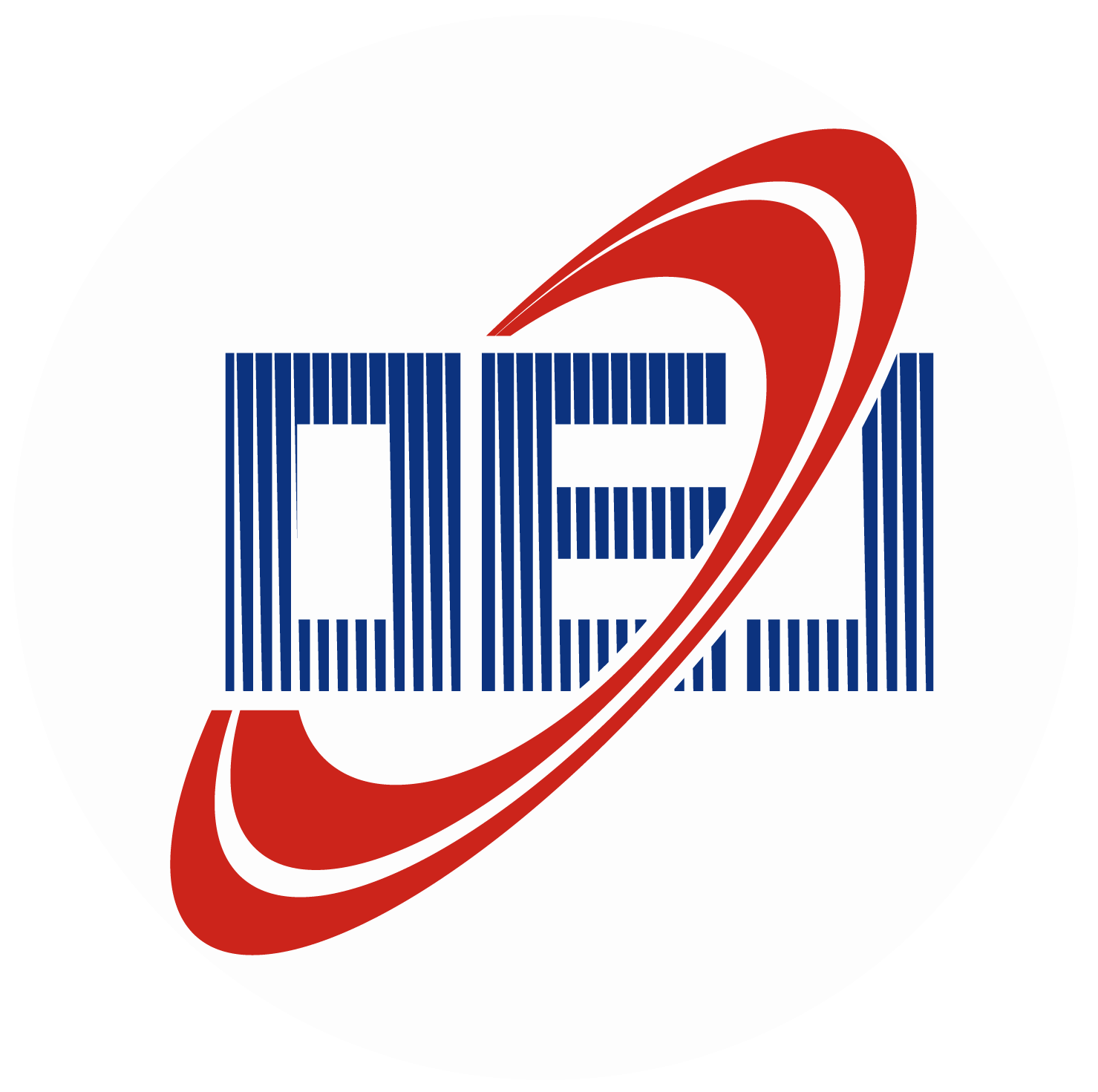Abstract:
To address the issue of various defects on the surface of solar panels that significantly impact energy conversion efficiency, this paper proposes an improved and efficient multi-scale feature learning model based on YOLO11, named efficient multi-scale feature learning based on YOLO11 (YOLO11-EMFL), specifically designed for rapid and accurate detection of anomalies in solar panels. The model introduces wavelet convolutions in the backbone and neck networks to increase receptive fields, and incorporates a deformable attention mechanism in the backbone network to enhance adaptability to different image sizes and contents. Additionally, a feature fusion layer is added in the neck network to enhance multi-scale feature fusion capability, and a triple attention mechanism is introduced in the small target detection layer to improve detection accuracy of small targets. These enhancements enable the YOLO11-EMFL network to effectively address challenges posed by different types of defects, defect sizes, and complex backgrounds. Validation on a large-scale photovoltaic cell image dataset demonstrates that YOLO11-EMFL achieves a precision rate of 91.8%, a recall rate of 93.8%, and an F1 score of 92.0%. The mAP@50 and mAP@50-95 are 98.2% and 76.9% respectively, showcasing high detection accuracy across 12 defect types. Compared to current methods, this model exhibits significant improvements in performance across various metrics.


 E-mail Alert
E-mail Alert RSS
RSS


